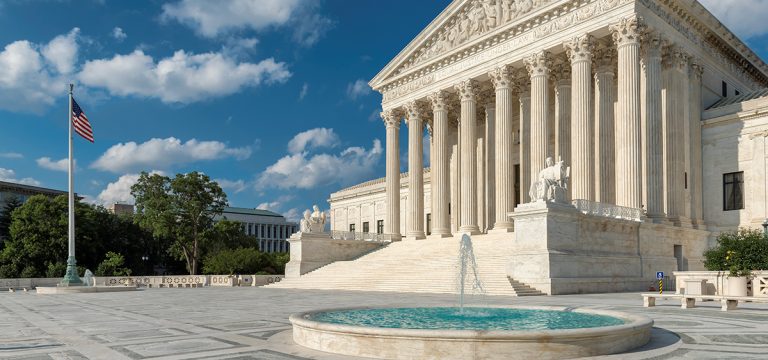The U.S. Supreme Court on Monday declined to take up the challenge to Mississippi’s near-total ban on medical cannabis advertising in the state. The challenge, by Clarence Cocroft, owner of Tru Source Medical Cannabis, argued that the restrictions violate his free speech rights.
In a statement, Cocroft said he wanted to advertise on billboards that he owns and that the advertising is essential to his business because his dispensary is tucked away in an industrial park “with no foot traffic and hardly any vehicle traffic.”
“I was hoping the Supreme Court would hear our case so my business could be treated just like any other legal business in the state of Mississippi.” — Cocroft, in a statement
The ruling upholds the decision from the 5th Circuit Court of Appeals that ruled Cocroft does not have a First Amendment right to advertise his dispensary because cannabis is outlawed under federal law.
In a statement, Ari Bargil, a senior attorney for the Institute for Justice (IJ), which represented Cocroft, said they are “disappointed that the court declined to hear this case and make it clear that if a product is legal to sell, then it is legal to advertise.”
“The First Amendment protects the right of people to speak truthfully about their legal businesses,” Bargil said in a statement. “Mississippi has created an entire legal marketplace permitting the sale of medical marijuana, but it is censoring state-licensed dispensaries who want to talk about it.”
IJ President and Chief Counsel Scott Bullock added that despite the Supreme Court declining to hear the case, the organization remains “committed to fighting battles to protect commercial and other forms of speech in courts throughout the country, so that every person who runs a legal business is able to talk truthfully about it.”
Get daily cannabis business news updates. Subscribe
Ganjapreneur is made possible by our partners:
